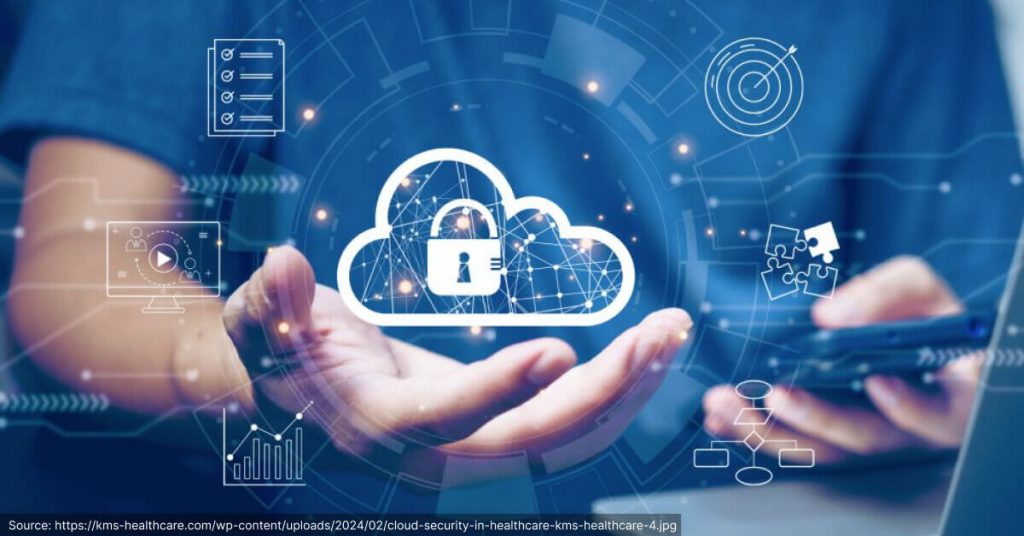Click here to chat with me!
Search our website now
Latest Posts
We sat down with Peter Grolimund, Board Member of Swiss Health Data Space, to ask him his thoughts on the future of AI in healthcare. Do you think the increased usage of Generative AI and LLMs will have a dramatic impact on the healthcare industry and, if so, how? Yes. It will extract data from unstructured information to provide new services (e.g.patient path) It will make the secondary usage of data available to everybody and support our decision making It will decrease the gap of know-how between the health-care provider and the patient It will will increase the healthcare quality, and if made accessible to the patient / to us all, it will improve all of our data-literacy and decision making and as such, will move our conversation with health care provider to a new level The health-care provider on the other side will be in a position to spend more valuable time with the patient instead of performing administrative work
We sat down with Margrietha H. (Greet) Vink, Erasmus MC’s Director of Research Development Office and Smart Health Tech Center, to ask her for her thoughts on the future of AI in healthcare. Do you think the increased usage of Generative AI and LLMs will have a dramatic impact on the healthcare industry and, if so, how? The integration of Generative AI and LLMs into the healthcare industry holds the potential to revolutionise various aspects of patient care, from diagnostics and treatment to administrative tasks and drug development. However, this transformation will require careful consideration of ethical, legal, and practical challenges to ensure that the benefits are realised in a responsible and equitable manner.
Intelligent Health 2024 returns to Basel, Switzerland on 11th–12th September. We’ve got prominent speakers. An extensive programme. Groundbreaking advancements in #HealthTech. And much, much more. Our incredible 2024 programme will dive deeper than ever before. From sharing the latest innovation insights to exploring use cases of AI application in clinical settings from around the world. All through our industry-renowned talks, limitless networking opportunities, and much-loved, hands-on workshops. Read on to discover what themes await at the world’s largest AI and healthcare summit.
We sat with Benjamin von Deschwanden, Co-Founder and CPO at Acodis AG, to ask him his thoughts on the future of AI in healthcare. Do you think the increased usage of Generative AI and LLMs will have a dramatic impact on the healthcare industry and, if so, how? I think that the strength of Generative AI lies in making huge amounts of information accessible without needing to manually sift through the source material. Being able to quickly answer any questions is going to be transformative for everyone working with increasingly bigger data sets.The challenge will be to ensure that the information we get by means of Generative AI is correct and complete – especially in healthcare – as the consequences of wrong data can be fatal. We at Acodis are actively working on practical applications of Generative AI inside our Intelligent Document Processing (IDP) Platform for Life Science and Pharma clients to drive efficiency and accelerate time to market, whilst controlling the risks.
Ahead of Intelligent Health (13-14 September 2023, Basel, Switzerland), we asked Yurii Kryvoborodov, Head of AI & Data Consulting, Unicsoft, his thoughts on the future of AI in healthcare. Do you think the increased usage of Generative AI and LLMs will have a dramatic impact on the healthcare industry and, if so, how? Generative AI is just a part of the disruptive impact of all AI tech on the healthcare industry. It allows to dramatically reduce time efforts, costs and chances of mistakes. Generative AI and LLMs are applied to automating clinical documentation, drug discovery, tailoring of treatment plans to individual patients, real-time clinical decision support and health monitoring, extracting valuable insights from unstructured clinical records, streamlining administrative tasks like billing and claims processing, providing instant access to comprehensive medical knowledge. And this list continues.









